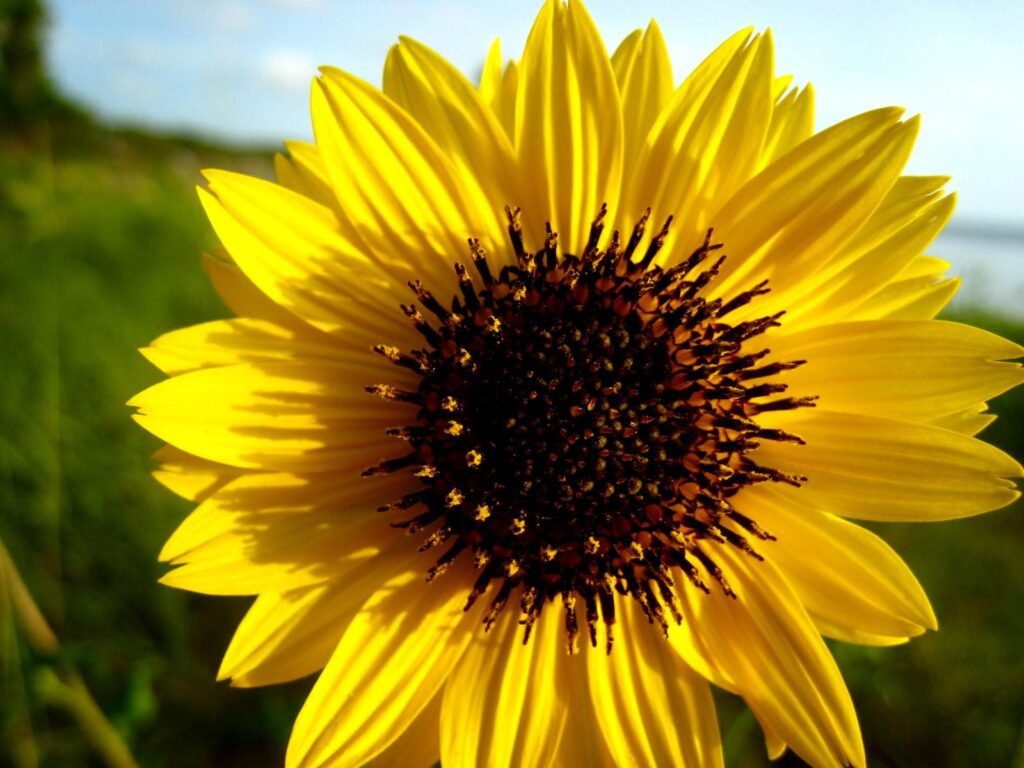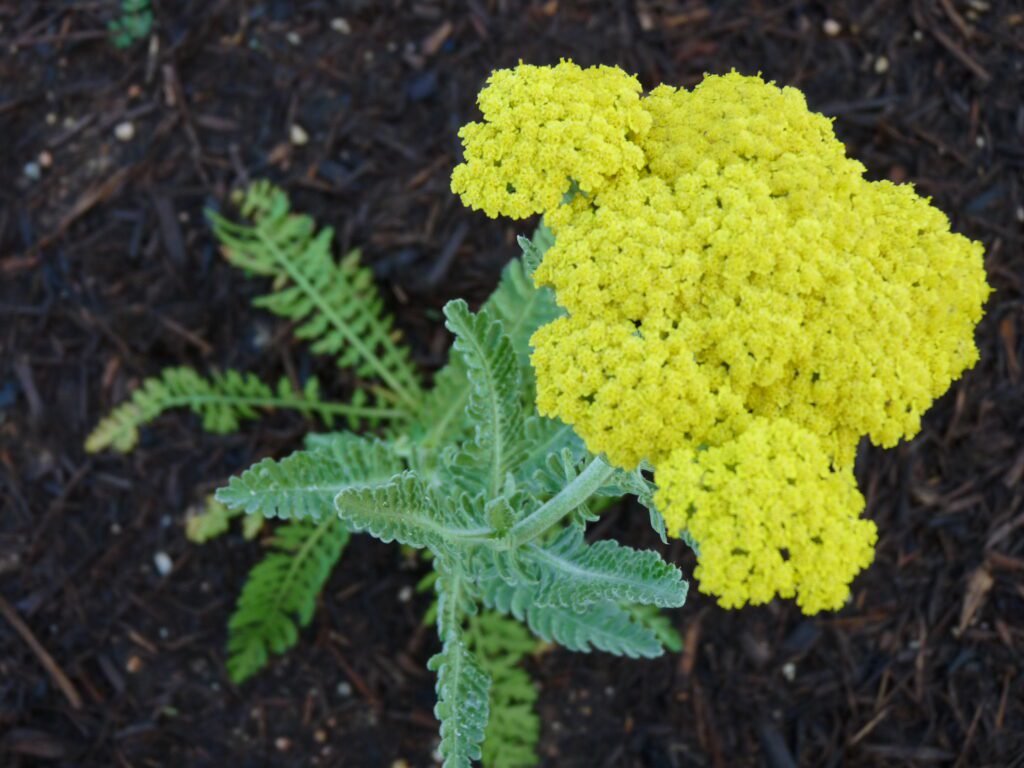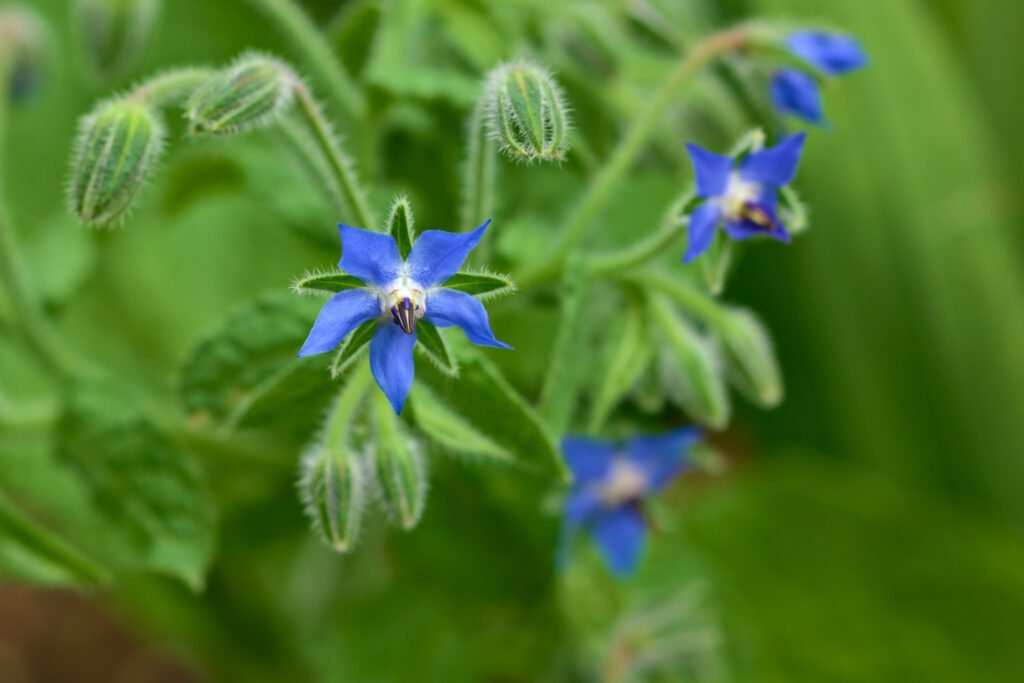Artichokes, with their distinctive texture and taste, make a wonderful addition to any garden. But they offer more than just culinary delight—they thrive even better when paired with the right companion plants. Artichoke Companion planting involves strategically growing artichokes alongside other plants that support their growth, boost their resistance to pests, and contribute to overall garden health. In this guide, we’ll dive into the best companion plants for artichokes, share practical gardening tips, and answer some common questions about growing these fascinating veggies.
The Basics of Artichoke Companion Planting
Artichoke companion planting is all about leveraging the natural benefits of certain plants to boost the growth and health of your artichokes. By selecting which plants to grow together, you can make your garden a place where everything grows well together. This method can help your garden by improving nutrient levels, keeping pests away, and boosting overall productivity.
Why Companion Planting is Essential
Companion planting is a time-tested gardening technique that promotes biodiversity and helps maintain a healthy ecosystem. Here are some key reasons why artichoke companion planting is essential:
- Enhanced Growth: Some plants release nutrients that others can use, leading to better growth and higher yields.
- Natural Pest Control: Some plants can keep harmful insects away, cutting down on the need for chemical pesticides.
- Disease Prevention: A diverse garden is less likely to suffer from widespread disease outbreaks.
- Maximized Space: Companion planting allows for efficient use of garden space, ensuring that every inch is productive.
Best Companion Plants for Artichokes
Selecting the right artichoke companion plants is crucial for a thriving garden. Here are some of the best companions that can significantly benefit your artichokes:

Thyme
Thyme is a versatile herb that serves multiple purposes in the garden. It not only boosts the flavor of your dishes but also helps keep insects away naturally. Planting thyme alongside your artichokes can help keep pests at bay without the need for chemical interventions. Plus, its aromatic scent adds a delightful touch to your garden.

Sunflowers
Sunflowers are an excellent companion for artichokes. Their tall stature provides much-needed shade for artichokes during the hot summer months. Additionally, sunflowers attract pollinators like bees and butterflies, which aid in the pollination of artichoke flowers.

Yarrow
Yarrow is a powerhouse companion plant for artichokes. Its fluffy leaves and small flowers attract helpful insects like hoverflies and parasitic wasps, which prey on common artichoke pests like aphids and caterpillars. Additionally, yarrow’s deep roots help improve soil health by aerating the soil and increasing nutrient availability.

Borage
Borage, with its bright blue flowers and cucumber-like taste, is a great partner for artichokes. It draws in pollinators like bees and hoverflies, which helps your artichokes produce more and stay healthy. Plus, borage helps keep pests like tomato hornworms and cabbage worms away, keeping your artichokes safe from damage.

Beans and Peas
As nitrogen-fixing legumes, beans and peas play a vital role in replenishing soil nutrients. Planting them alongside artichokes ensures a steady supply of nitrogen, promoting lush foliage and sturdy growth. Additionally, their climbing habit provides natural support for artichoke stems, reducing the risk of breakage and damage during windy conditions.

Calendula
Calendula, with its cheerful, vibrant blooms, serves as a beacon for beneficial insects such as ladybugs and lacewings, which help keep garden pests in check. Additionally, its presence can deter pests from targeting nearby artichoke plants, creating a harmonious environment where both plants thrive.
Practical Tips for Artichoke Companion Planting
To make the most of artichoke companion planting, consider the following practical tips:
- Optimal Spacing: Ensure adequate spacing between plants to prevent overcrowding and competition for resources. Artichokes need ample room to spread out, typically 3-4 feet apart.
- Soil Health: Maintain soil health by incorporating organic matter and ensuring proper drainage. Companion plants like legumes can help enrich the soil with nitrogen.
- Watering: Water artichokes deeply but infrequently to encourage deep root growth. Companion plants with similar watering needs, such as beans and peas, can help maintain soil moisture levels.
- Pest Management: Utilize companion plants like marigolds and thyme to naturally repel pests. Regularly inspect your garden for signs of pest activity and take prompt action if needed.
Is Artichoke Water Good for Plants?
One interesting aspect of growing artichokes is the potential use of artichoke water for other plants. After boiling or steaming artichokes, the leftover water is rich in nutrients, including minerals and antioxidants. You can cool this water and use it to water other plants in your garden, giving them a nutrient boost. However, be sure to avoid using salted water, as excess salt can harm plants.
Companion planting with artichokes is a fantastic way to boost the growth, health, and productivity of your garden. By carefully picking and placing companion plants, you can create a garden where everything works together for the best results. Whether you’re a seasoned gardener or just starting out, these tips will help you build a thriving artichoke garden.
FAQs About Artichoke Companion Planting
What is the ideal spacing for artichoke plants?
Artichoke plants require ample space to thrive, typically needing about 3 to 4 feet of spacing between each plant. This ensures that they have enough room to spread out and grow without competing with neighbouring plants.
How can I landscape with artichoke plants?
Artichoke plants can make stunning additions to landscaping, especially in ornamental gardens. Their large, architectural foliage adds texture and interest to garden beds or borders. Consider planting them as focal points or as backdrops for smaller flowering plants.
Do artichokes grow into bushes?
Yes, mature artichoke plants can develop into bushy structures, with large, serrated leaves forming a dense, rounded shape. This bushy growth habit makes them visually striking in the garden landscape.
Can you grow artichokes in a container?
Yes, artichokes can be grown in containers, making them suitable for patio gardens or small urban spaces. Choose large containers with drainage holes and fill them with rich, well-draining soil. Place the container in a sunny spot and ensure regular watering and fertilization.
When do artichokes go bad?
Artichokes are best harvested when the buds are firm and tightly packed. If left on the plant for too long, they can become overripe and tough. After harvesting, store artichokes in the refrigerator for up to a week to maintain freshness.
Where do artichokes grow best?
Artichokes thrive in regions with mild, Mediterranean-like climates. They prefer full sun and well-drained soil with a slightly alkaline pH. Coastal areas with cool summers and mild winters are particularly well-suited for artichoke cultivation.
Are artichokes alkaline-loving plants?
Yes, artichokes prefer soil with a slightly alkaline pH, typically in the range of 6.5 to 7.5. Maintaining the right soil pH is key to keeping your artichoke plants healthy and productive.
Can you plant lavender near potatoes?
Yes, lavender and potatoes can be planted near each other without any adverse effects. Lavender’s aromatic foliage may help deter pests that commonly affect potatoes, making them compatible companion plants.
Can you grow an artichoke plant from an artichoke?
While it’s possible to grow artichokes from seeds or transplants, growing them from an actual artichoke can be challenging. Artichoke seeds are more reliable for propagation, but starting from an artichoke requires careful preparation and attention to ensure successful germination and growth.
What plants should be avoided as companions for artichokes?
Certain plants are not suitable companions for artichokes. For example, fennel produces a chemical that can inhibit the growth of artichokes. Similarly, black walnut trees release a toxin that can harm artichokes, and their roots can leave the soil contaminated for several years. Avoid planting artichokes near these plants to ensure healthy growth.

Pingback: Companion Plants for Arugula: A Complete Guide